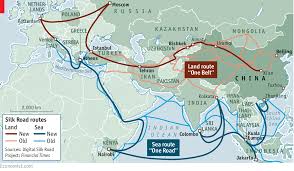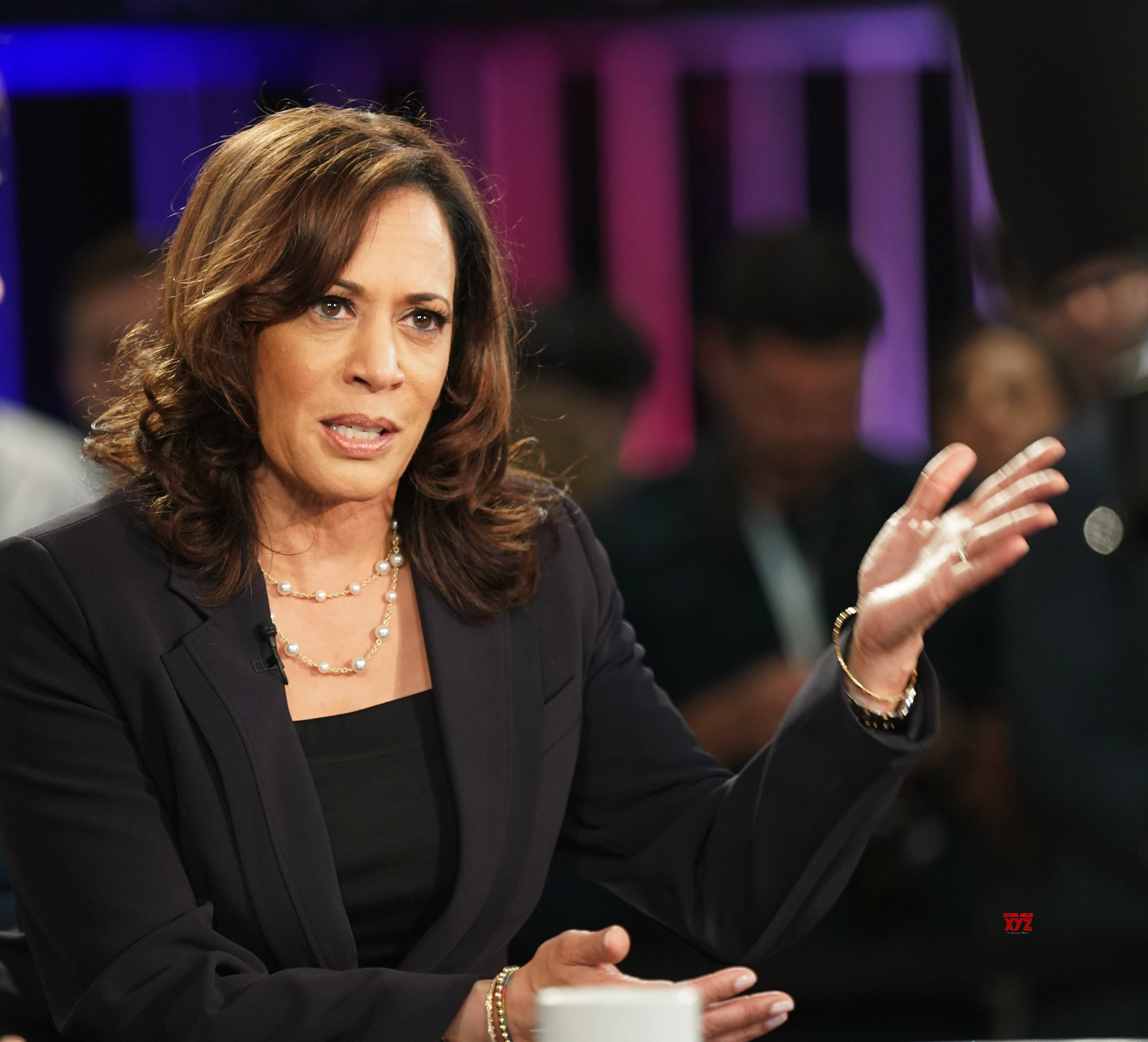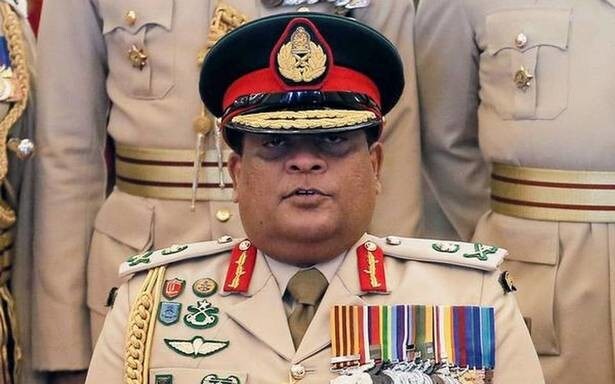 WASHINGTON: The US fears that the financing structure of China’s One Belt One Road initiative overtime will “compromise” on the sovereignty of the nations where those infrastructure projects are being undertaken, a senior US official told lawmakers.
WASHINGTON: The US fears that the financing structure of China’s One Belt One Road initiative overtime will “compromise” on the sovereignty of the nations where those infrastructure projects are being undertaken, a senior US official told lawmakers.
The One Belt One Road (OBOR) is a pet initiative of Chinese President Xi Jinping. It is essentially a state-financed, state-backed, infrastructure initiative to build infrastructure across Central Asia and other parts of the Indo-Pacific.
As such there is a number of initiatives across the Indo-Pacific region to build the capacity of countries and generate awareness so that countries do not fall into debt trap or their sovereignty is not compromised by their such projects, said Alex Wong, the Deputy Assistant Secretary of State for East Asian and Pacific Affairs.
When we look at the Belt and Road initiative, the United States is less concerned about where the money comes from, or from which country the money comes from, he told members of the Senate Foreign Relations Committee’s Subcommittee on East Asia, the Pacific, and International Cybersecurity Policy during a Congressional hearing.
The United States, he said is much more concerned how the financing for the infrastructure is structured and how the particular projects are conceived and implemented.
So, we’re concerned with the financial, the debt structuring, because if these deals and financing is not structured in a way that recipient nations across the Indo-Pacific can pay them back in a sustainable manner, what we’ll see over time is that these projects will compromise the sovereignty of these nations to the detriment of their national security, Wong said.
And we’re concerned about the particular projects, he said responding to a question from Senator Scott Gardner who wanted to know about the US strategy on countering the Belt Road Initiative of China.
According to Wong, the US has a number of efforts across the Indo-Pacific and truly around the world to build a capacity of partner governments to understand lifecycle costing, to understand what a proper bid process is up to international standards and to understand how they can structure debt.
They are being helped to understand a harder bargain to ensure that they preserve their sovereignty, preserve their economies over time as they partner with other nations or private sector actors on their infrastructure.
He said the US wants to ensure that countries conceived these projects on economic growth and are truly feasible economically.
“That they’re connected to the economies of these nations and that they’re focused not on certain strategic designs but on economic designs because if they’re not conceived and implemented in that manner what we’ll see is that these projects won’t lift up the nation’s economies. In fact, weigh them down, he told lawmakers.
That’s the message the United States is bringing to its partners. It is also putting its capacity building efforts behind this effort. PTI






